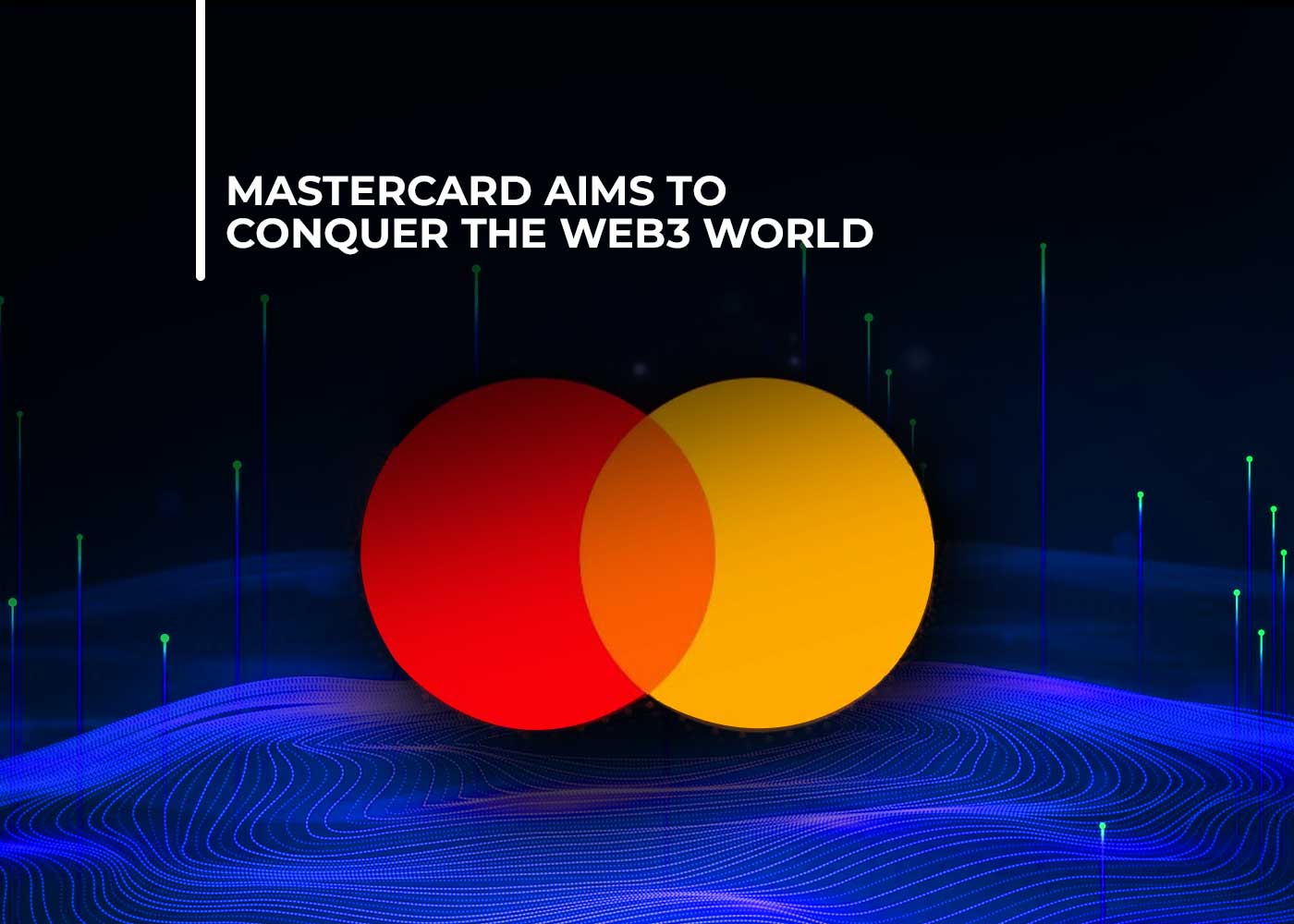As the world of blockchain technology continues to expand, Mastercard is determinedly taking a leading role. Not only has this payments company been immersed in Web3 since several years ago, but its CEO Michael Miebach enthusiastically commends its advantages as well. Banking establishments are just now beginning to enter this realm, yet Mastercard’s position at the forefront makes it an industry frontrunner.
Mastercard Processes 2 Billion Tokenized Transactions per Year
In January 2023, Mastercard reported to its shareholders that it had processed a whopping 2 billion tokenized transactions monthly – an increase of 38% from the previous year. Thanks to blockchain technology, this American company is empowered with the ability to facilitate digital payments in over 110 countries around the globe.
Keeping this in their mind, Mastercard is driven to emerge victorious in the Web3 market before its competitors. To accomplish this feat, they collaborate with banks and establishments to tokenize various assets that can be tracked via blockchain technology’s inherent transparency.

For the CEO, blockchain technology represents more than just a new way of payment; it provides an extensive selection of solutions to resolve myriad problems in diverse areas: “There is no doubt that blockchain can adequately address many genuine issues. […] I am confident that our world will become one where everything is tokenized and wanders securely.”
Security Is the Biggest Advantage Of Tokenized Transactions
Michael Miebach identifies the tokenized transactions’ chief benefit as its unparalleled security, which can significantly diminish fraud when used correctly. Mastercard is an integral component to the widespread adoption of Web3; while it has a checkered past, this institutional player with global reach signals that cryptocurrencies are being taken seriously worldwide.
Mastercard is one of many in its efforts to advance the development of Web3. The world’s biggest banks and investment funds have been working hard on creating related products and services – last November, JPMorgan was mulling over a digital wallet while Fidelity enabled its institutional customers to purchase Bitcoin (BTC) as early as 2020.
You might check: Crypto Currency World Helps Turkey Affected by Earthquake

